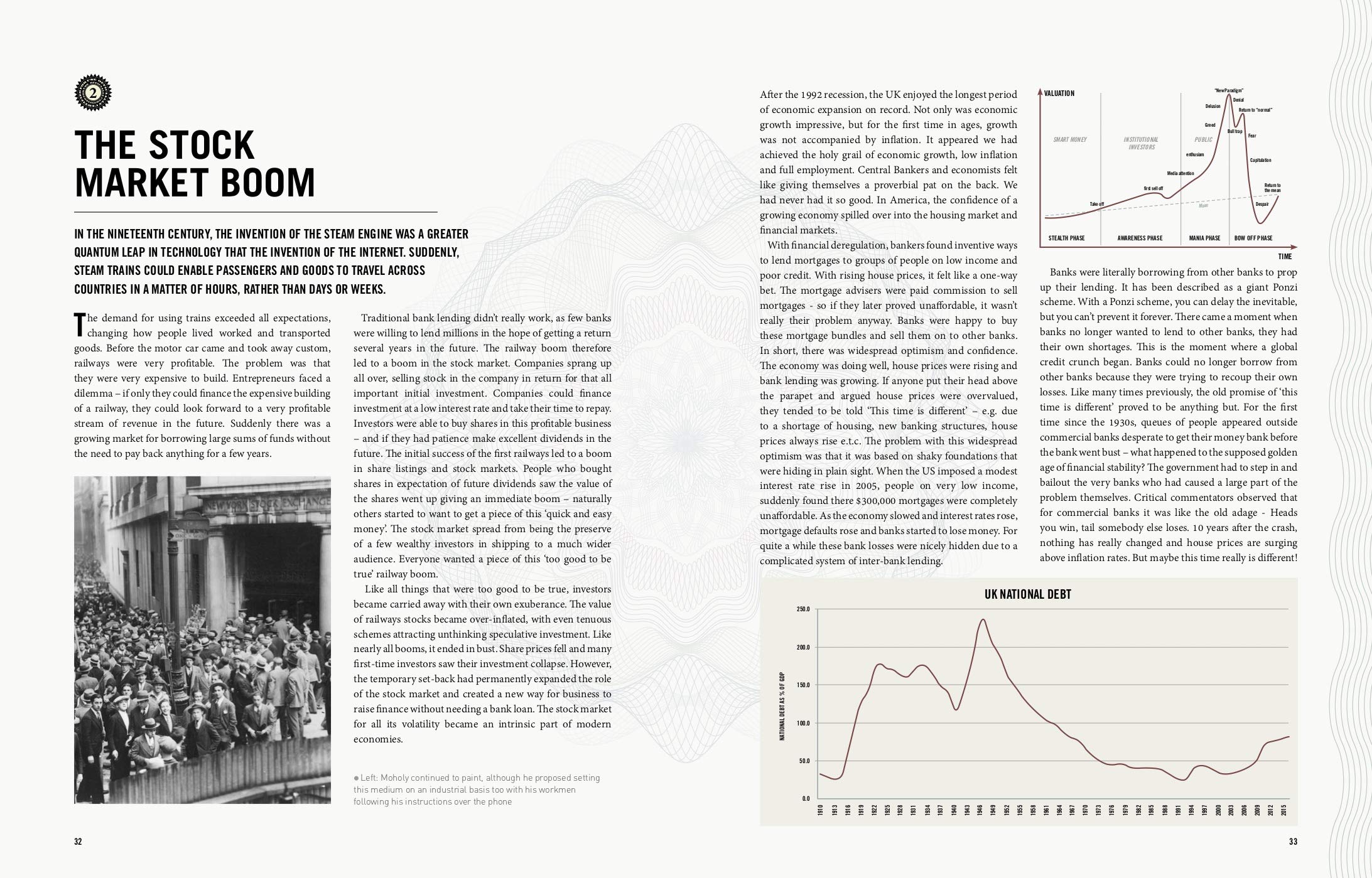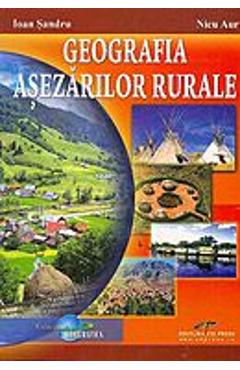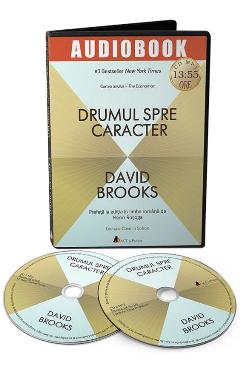- Informatii telefonice:(+40) 748 400 200
A brief history of money | DAVID ORRELL
Cod intern: xsales_1392861Producator: CARLTON PUBLISHING
Vizualizari: 33 / Achizitii: 24
Stoc: In stoc
Pret: 123.0 RON
Acest produs este publicat in categoria Librarie la data de 15-03-2025: 10:03 si vandut de Carturesti. Vanzatorul isi asuma corectitudinea datelor publicate. ( alege finantarea potrivita )
-
Produs cu garantie
-
Livrare direct din stocul fizic al Carturesti
-
Retur gratuit minim 14 zile de la data achizitiei
What do cacao beans, cowrie shells, paper cards, cigarettes and digital databases all have in common? At some time, they have been used as a form of money. Money is an essential aspect of everyday life and something that we usually take for granted until it all goes wrong. This book traces the role, growth and impact of money and finance on individuals, human civilisation and the type of economy we live in. The financial history of the world reads like a fascinating novel with innumerable twists and turns. We strive for financial stability and security, yet this often proves surprisingly ephemeral. Just as we hope we have reached a new plateau of prosperity, the financial system has a habit of throwing a spanner in the works, forcing us to change and adapt to new circumstances. This book traces the financial system from its birth as a credit system in ancient Mesopotamia, to the financial revolutions of the 20th and 21st centuries. This is the story of money, finance and economics but also its interaction with people, governments and society. Why did the American forces desperately try to destroy money during the American Revolution? Why do we tend to succumb to boom and busts? And if inflation is bad, why is deflation even worse? Also, the book looks at the effect money has on ourselves. Does money make us irrational? Is money really the root of all evil, or should we celebrate money for its potential to create prosperity and overcome poverty?


























Scrie parerea ta
A brief history of money | DAVID ORRELL
Ai cumparat produsul A brief history of money | DAVID ORRELL ?
Lasa o nota si parerea ta completand formularul alaturat.
What do cacao beans, cowrie shells, paper cards, cigarettes and digital databases all have in common? At some time, they have been used as a form of money. Money is an essential aspect of everyday life and something that we usually take for granted until it all goes wrong. This book traces the role, growth and impact of money and finance on individuals, human civilisation and the type of economy we live in. The financial history of the world reads like a fascinating novel with innumerable twists and turns. We strive for financial stability and security, yet this often proves surprisingly ephemeral. Just as we hope we have reached a new plateau of prosperity, the financial system has a habit of throwing a spanner in the works, forcing us to change and adapt to new circumstances. This book traces the financial system from its birth as a credit system in ancient Mesopotamia, to the financial revolutions of the 20th and 21st centuries. This is the story of money, finance and economics but also its interaction with people, governments and society. Why did the American forces desperately try to destroy money during the American Revolution? Why do we tend to succumb to boom and busts? And if inflation is bad, why is deflation even worse? Also, the book looks at the effect money has on ourselves. Does money make us irrational? Is money really the root of all evil, or should we celebrate money for its potential to create prosperity and overcome poverty?
Acorda un calificativ